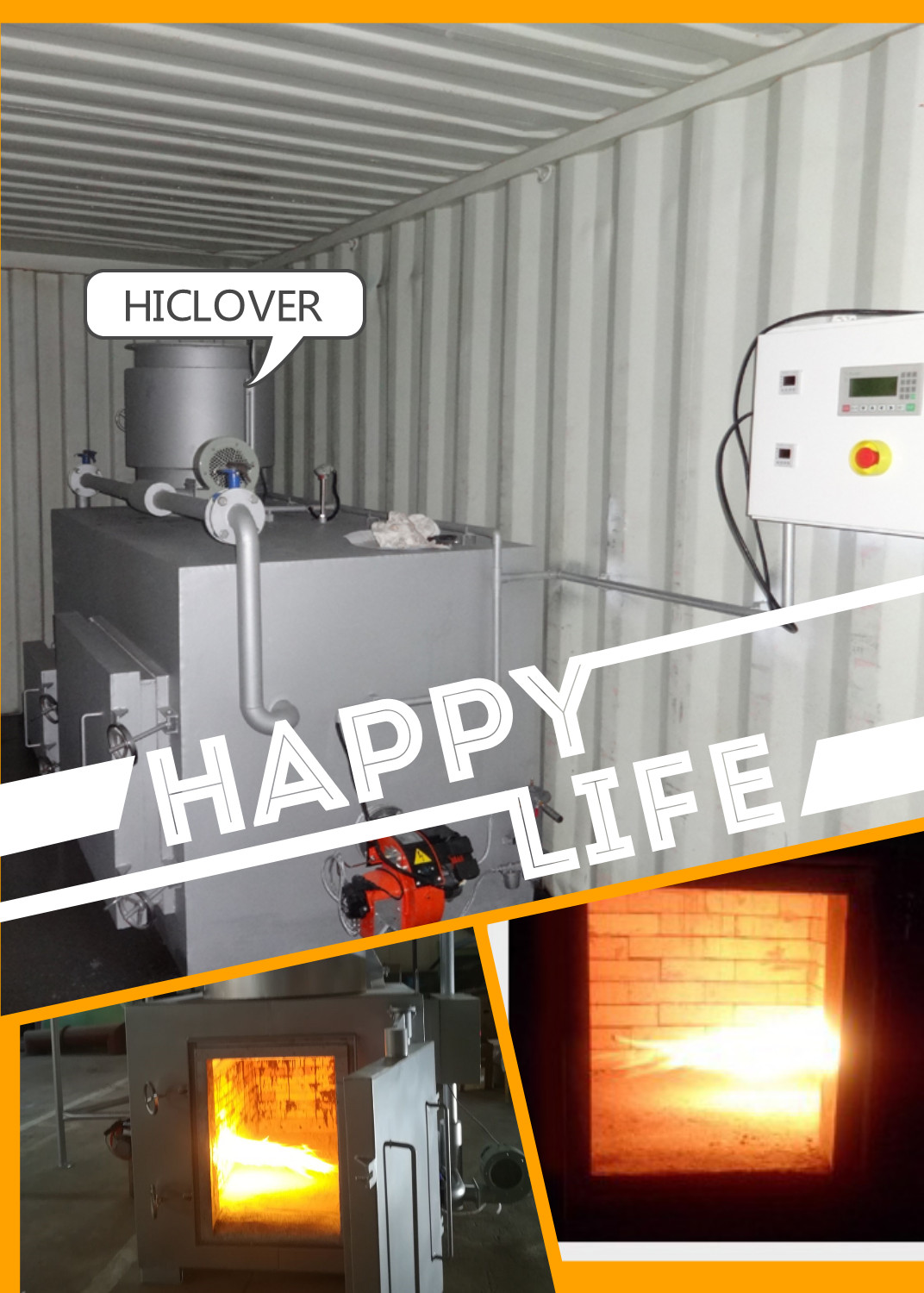Medical waste refers to any waste materials generated during medical or healthcare activities. This includes items such as used medical gloves, syringes, bandages, and potentially infectious materials. Improperly managed medical waste can pose serious risks to both human health and the environment. Understanding these dangers is crucial in ensuring that medical waste is handled and disposed of properly.
One of the primary dangers of improperly managed medical waste is the risk of spreading infectious diseases. Medical waste may contain pathogens such as bacteria, viruses, and parasites that can cause serious illnesses if they come into contact with humans. If medical waste is not properly segregated, stored, and disposed of, there is a significant risk of these pathogens being transmitted to healthcare workers, waste handlers, and the general public.
Another danger of improperly managed medical waste is the potential for environmental contamination. Medical waste can contain hazardous chemicals and pharmaceuticals that can harm the environment if they are not adequately treated before disposal. Improperly disposed medical waste can contaminate soil, water, and air, leading to long-term ecological damage and negative health impacts for communities living nearby.
In addition to the health and environmental risks, improperly managed medical waste can also have financial implications. The mishandling of medical waste can lead to legal liabilities, fines, and a damaged reputation for healthcare facilities. Proper management of medical waste is not only a moral and ethical responsibility but also a legal requirement in many jurisdictions.
To prevent the dangers of improperly managed medical waste, healthcare facilities must have detailed waste management plans in place. This includes proper segregation of different types of waste, safe storage and transportation, and appropriate treatment and disposal methods. Training healthcare workers and waste handlers on these procedures is also crucial in ensuring the safe and effective management of medical waste.
Furthermore, there is a growing emphasis on the implementation of sustainable waste management practices in healthcare facilities. This includes reducing the amount of waste generated, recycling materials when possible, and investing in environmentally friendly disposal methods such as autoclaving and on-site treatment systems.
It is evident that understanding the dangers of improperly managed medical waste is essential in safeguarding public health and the environment. By implementing proper waste management practices, healthcare facilities can mitigate these risks and contribute to a safer and healthier world for everyone. It is the responsibility of healthcare providers, waste handlers, and regulatory authorities to work together to ensure that medical waste is managed in a manner that is safe, efficient, and environmentally sustainable.



